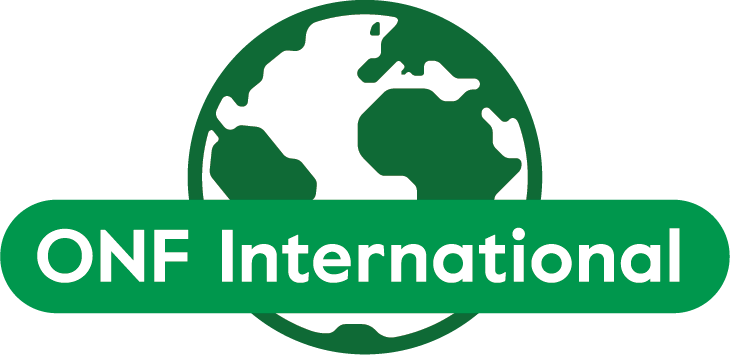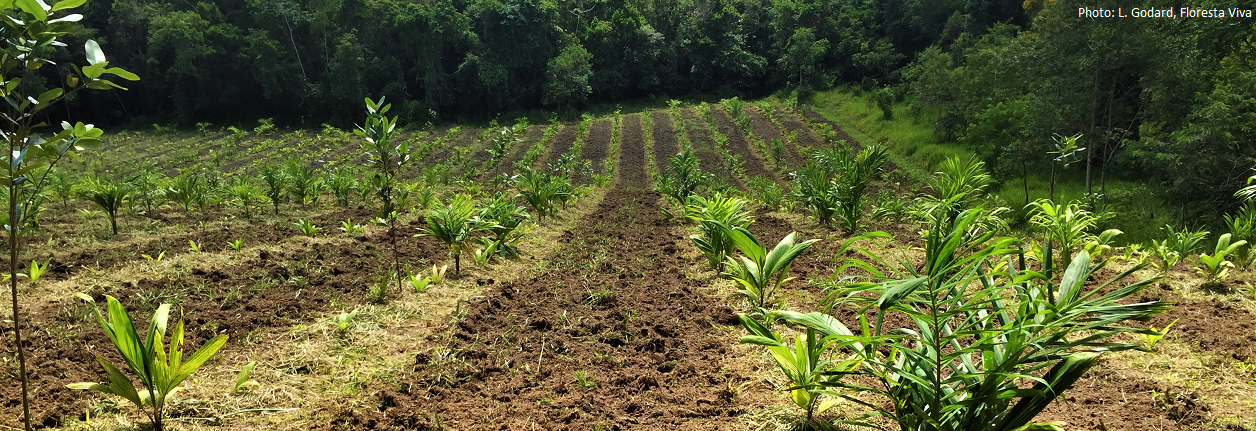Technical support to the Moringa Fund for the development of agroforestry projects
Context
Agroforestry will soon become indispensable in order to meet increasing demands for agricultural and timber products. The advantages of agroforestry, which consists of associating tree planting with agricultural crops or livestock breeding, are many:
- it contributes to the fight against climate change thanks to tree planting and optimal land-use management, as an alternative to practices of deforestation and forest degradation;
- it preserves biodiversity through the large variety of possible crops,
- it reduces poverty by providing local communities with economic opportunities, often leading to higher and more sustained income.
A well-managed agroforestry project reduces economic, social and environmental risks, generating higher long-term profitability.
The Moringa Fund is an investment company, which funds agroforestry projects out of its own funds in Sub-Saharan Africa and Latin America. The Fund was created in 2013. Its objectives are to provide investors and local communities with returns on investment while improving social and environmental resilience in the territories concerned.
The Fund has also created ATAF (the Agroforestry Technical Assistance Facility) aiming to provide technical assistance to recipient businesses and their network of farmers and local communities.
ONFI contributions
ONFI has provided the Moringa Fund with technical assistance since its creation. Its missions include:
- Identification of market opportunities, support for project development and development of agroforestry and sylvo-pastoral models;
- Analysis of agronomic, genetic and biological risks (invasive species and diseases), and risks in relation to the technical capacity of planters;
- ESG (Environmental, Social and Governance) risk analysis, suggestion of risk-reducing actions;
- Elaboration of programmes for planters including programmes on administrative and financial aspects;
- Assessment of the production (crops and timber), of prices and of supply and processing systems.
- Some examples of investment projects:
- Elaboration of a programme for planters in Belize on the use of coco nut residues in biomass production for energy-supply purposes;
- In Nicaragua, the elaboration of a forest management plan will provide for extra income while enhancing both timber value and coffee production.
Through the years, a great variety of crops have been studied according to agroforestry and sylvo-pastoral models, in several countries and on various markets: cocoa, coffee, cashew nuts, palm hearts, tea, manioc, ginger, fruit trees (mango trees, banana trees, lemon trees), coconut, palm oil, pineapple and breeding. These crops are combined with native wood species such as teak, eucalyptus, rubber tree or moringa.
Results and impacts
98 potential markets identified;
- 5 pre-feasibility studies in Côte d´Ivoire, Rwanda, Kenya, Brazil and Equator;
- due diligence performed in Cameroon, Gabon, Brazil, Kenya, Benin, Togo, Senegal, Mali, Ghana;
- 9 ESG risk analyses carried out;
- 8 investments carried out since the Fund was created, in Nicaragua, Belize, Benin, Togo, Kenya, Brazil, Mali and Ghana.
Some key dara
Target country
Afric: Sierra Leone, Kenya, Tanzanie, Nigeria, RDC, Mozambique, Côte d’Ivoire, Rwanda, Togo, Cameroun, Gabon, Ghana, Sénégal, Mali
Latin America : Brésil, Pérou, Colombie, Equateur, Nicaragua
Topic: Territoires
2013 – 2018
Budget : 1 117 243 euros
Partners: CIRAD, ICRAF on some missions
Customer: Moringa Fund and invested projects.
For further information
Rapport d’impact 2018 – Moringa
Rapport “Biodiversité & Capital Naturel – Panorama des acteurs français” – Finance for Tomorrow

